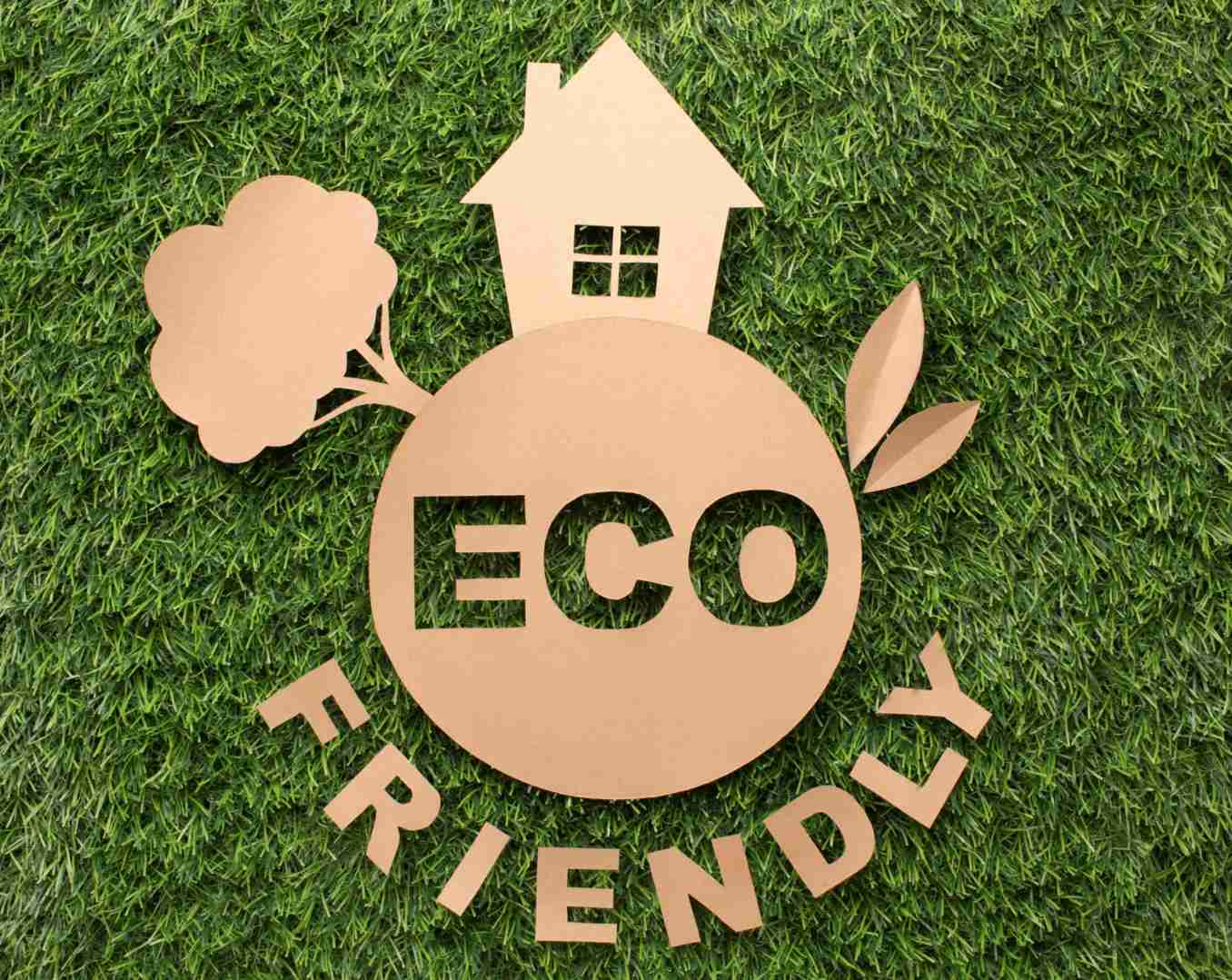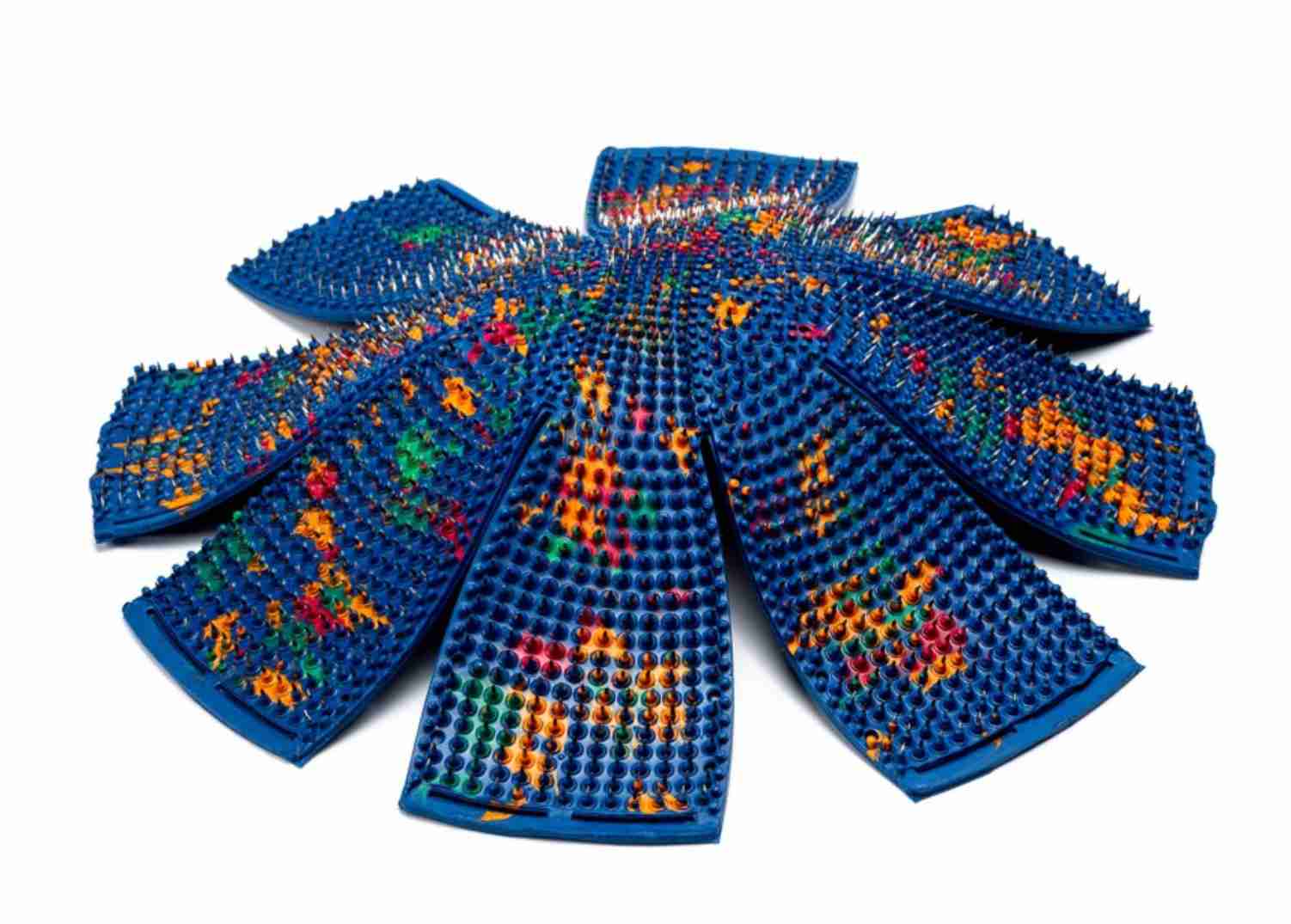As environmental awareness increases, more individuals are looking to incorporate eco-friendly practices into their beauty routines. Sustainable beauty is evolving beyond a trend into a movement focused on minimizing the impact of the products we use daily. By embracing eco-conscious habits in our beauty routines, we can support a greener lifestyle while still reaping the rewards of self-care.
1. Choosing Eco-Friendly Products
One of the most straightforward ways to embrace sustainable beauty is by choosing products that are eco-friendly. This means looking for brands that prioritize sustainability in their ingredients, packaging, and manufacturing processes. Choose products made with natural, organic, and ethically sourced ingredients, as they are beneficial not only for the environment but also for your skin. Many traditional beauty products contain synthetic chemicals that can be harmful to both your health and the planet.
In addition to the ingredients, consider the packaging. The beauty industry is notorious for excessive plastic use, which contributes to pollution and waste. Seek out products packaged in recyclable materials like glass or aluminum or those that feature minimal packaging. Some brands now provide refillable options, enabling you to reuse the same container and significantly reduce waste.
2. Reducing Water Usage
Water is a precious resource, and the beauty industry consumes vast amounts of it, both in the production of products and in our daily routines. To adopt a more sustainable approach, consider reducing your water usage. One way to do this is by opting for waterless beauty products, such as solid shampoos, conditioners, and cleansers, which have a lower environmental footprint.
You can also minimize water waste by being mindful of your routine. For example, turn off the tap while applying skincare products or brushing your teeth. Shortening your showers by just a few minutes can save gallons of water over time.
3. Supporting Ethical Brands
Supporting brands that prioritize sustainability and ethical practices is another key aspect of sustainable beauty. Look for companies that are transparent about their sourcing, production, and labor practices. Brands that are cruelty-free, fair-trade certified, or that use renewable energy in their manufacturing processes are leading the way in ethical beauty.
Additionally, consider supporting small, local businesses that often have a smaller environmental impact compared to large corporations. These businesses are more likely to use local, sustainably sourced ingredients and may have a more hands-on approach to ensuring their practices are eco-friendly.
4. Minimalism in Beauty
Adopting a minimalist approach to beauty is another way to practice sustainability. Focus on using fewer high-quality products rather than accumulating a large collection of items. This not only reduces waste but also encourages more mindful consumption. Invest in multi-use products, such as tinted moisturizers with SPF or lip and cheek tints, which can simplify your routine and cut down on the number of products you need. You could look into the best Reno laser hair removal which can help reduce the amount of shaving products needed over time.
5. DIY Beauty Solutions
Creating your own beauty products at home is an excellent way to ensure that what you’re using is both sustainable and safe. Simple DIY solutions, such as making face masks from ingredients like honey, avocado, or oats, not only reduce your reliance on commercial products but also cut down on packaging waste.
When making DIY beauty products, try to use organic and locally sourced ingredients to further reduce your environmental impact. Plus, homemade products can be tailored to your specific skin and hair needs, ensuring they’re as effective as they are eco-friendly.
6. Recycling and Upcycling
Properly disposing of beauty product packaging is crucial for reducing waste. Always recycle packaging when possible, and check with local recycling programs to ensure that you’re following the correct procedures. Some beauty brands offer take-back programs where you can return empty containers for recycling, often in exchange for discounts on future purchases.
Upcycling is another creative way to extend the life of beauty product packaging. Glass jars can be repurposed as storage containers, while old makeup palettes can be transformed into art projects. By finding new uses for old packaging, you can reduce the amount of waste sent to landfills.
Conclusion
Sustainable beauty is about making choices that are good for both you and the planet. By choosing eco-friendly products, reducing water usage, supporting ethical brands, embracing DIY solutions, recycling, and adopting a minimalist approach, you can significantly reduce your environmental footprint. These practices contribute to a greener lifestyle and help ensure that the beauty industry moves towards a more sustainable future. Every small change counts, and collectively, these efforts can have a profound impact on the environment.











